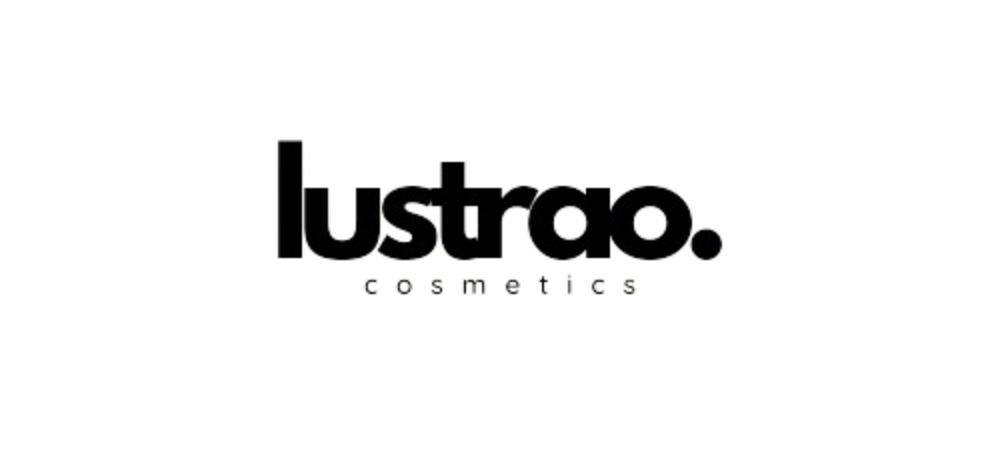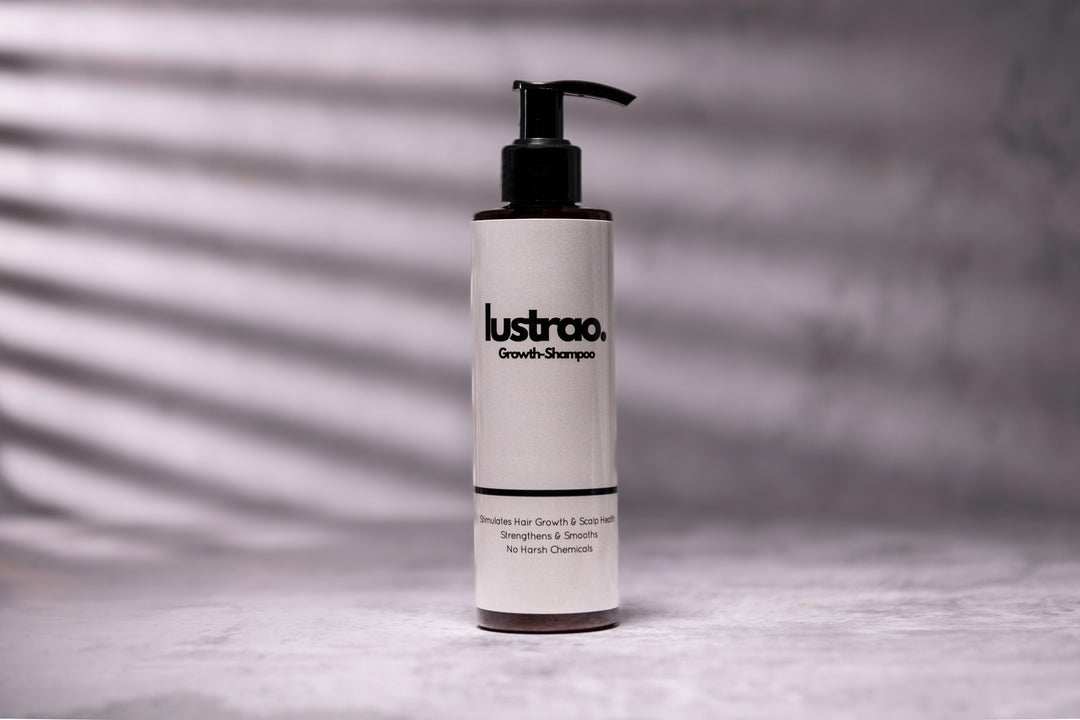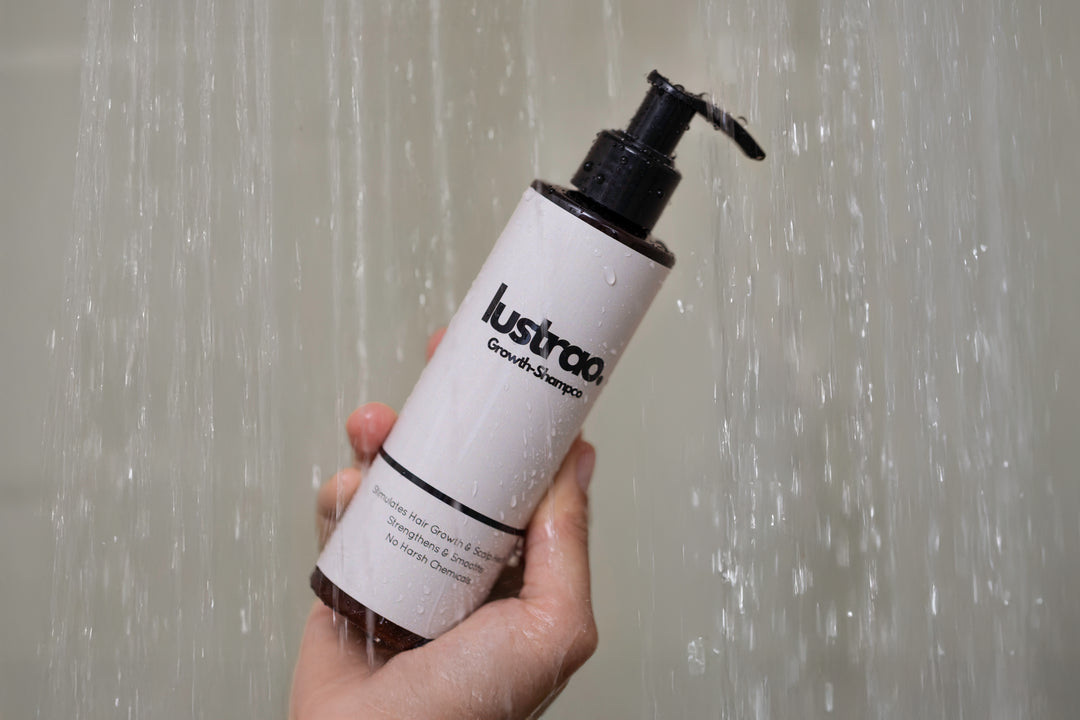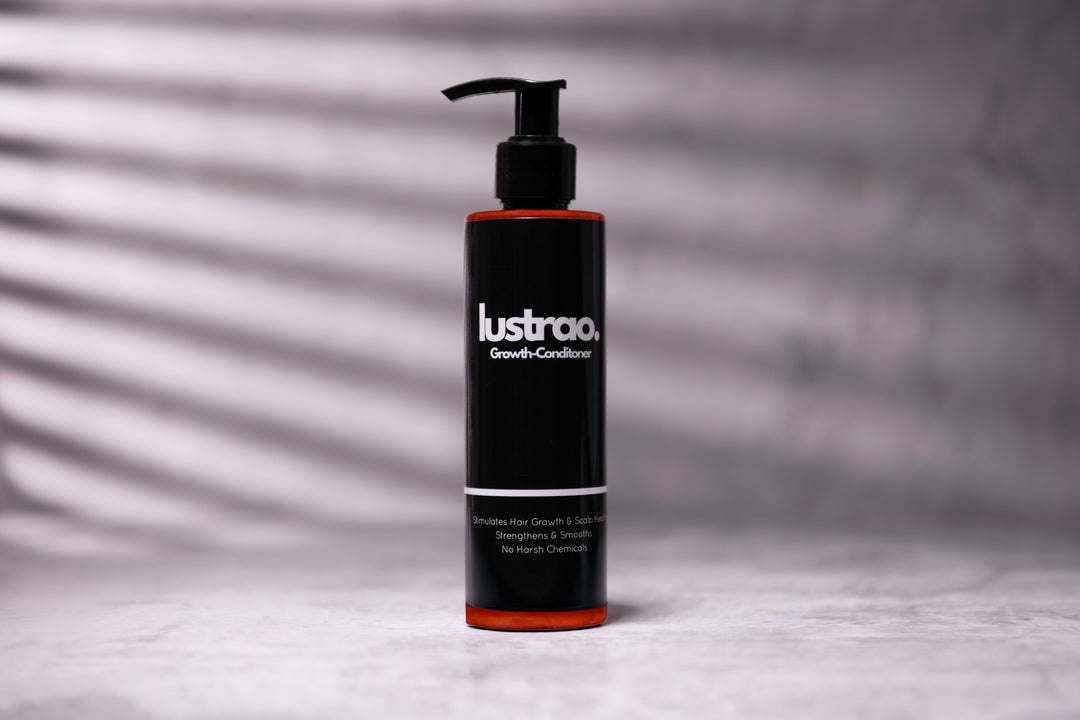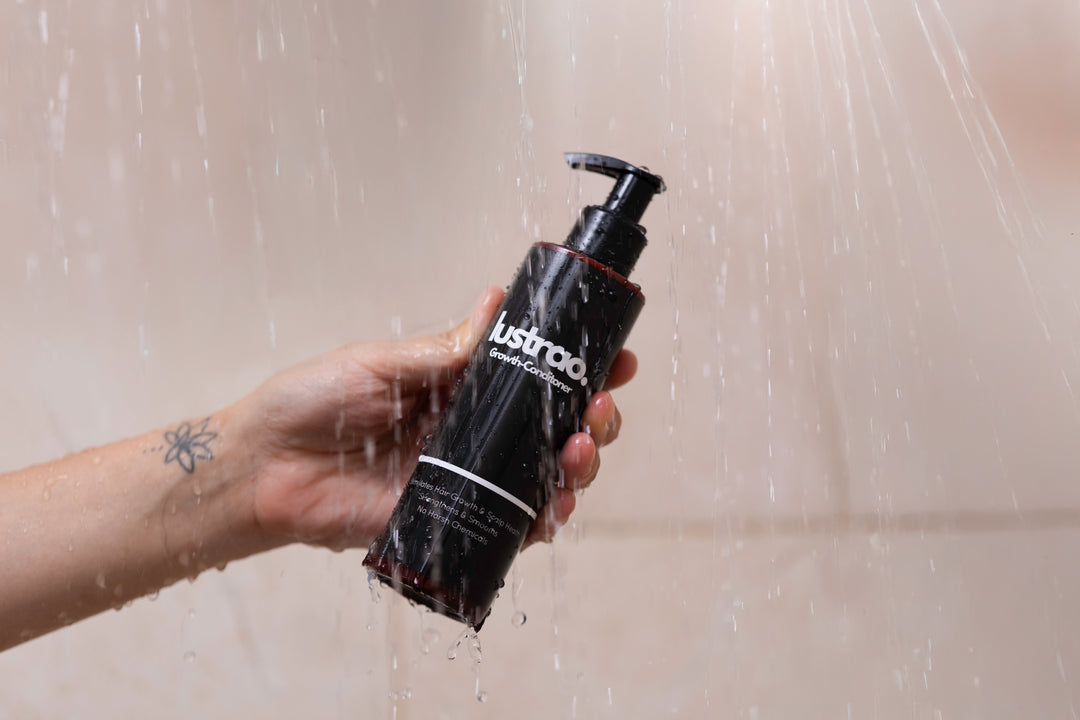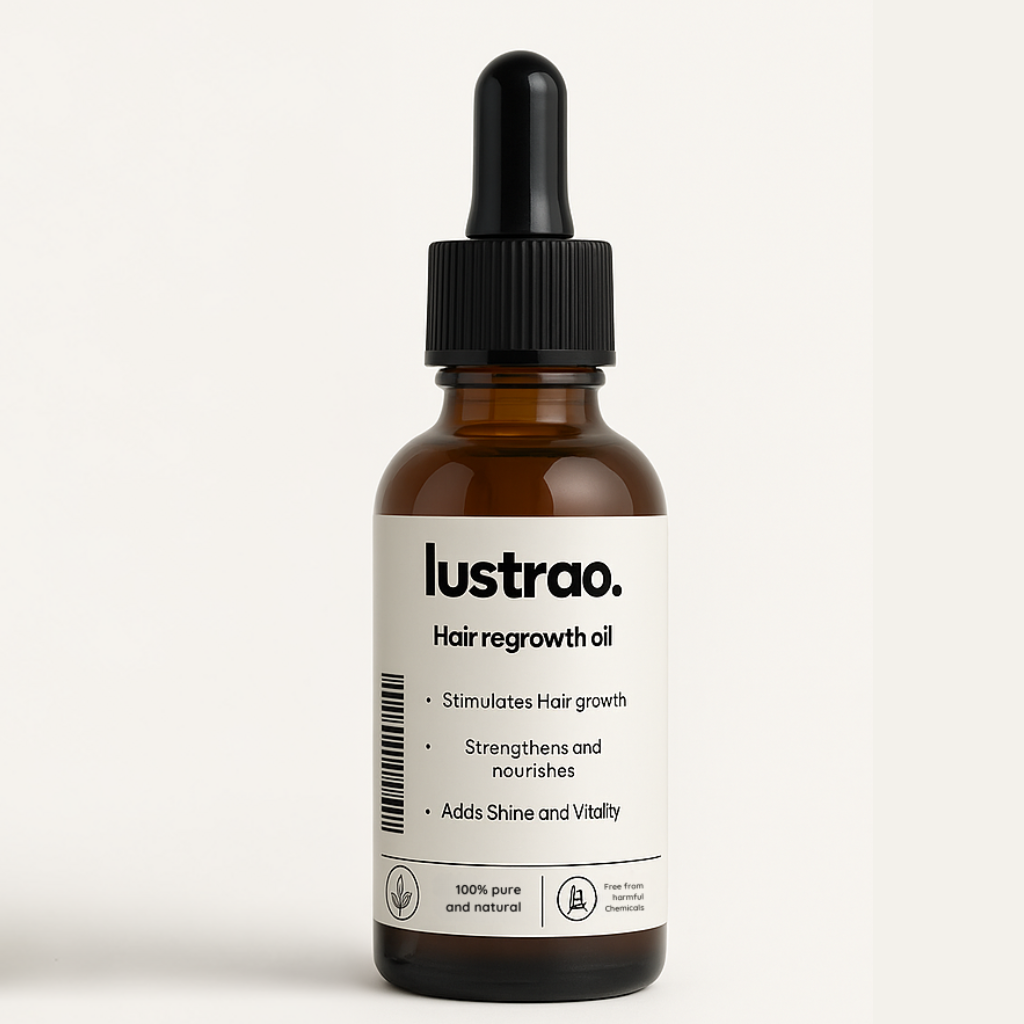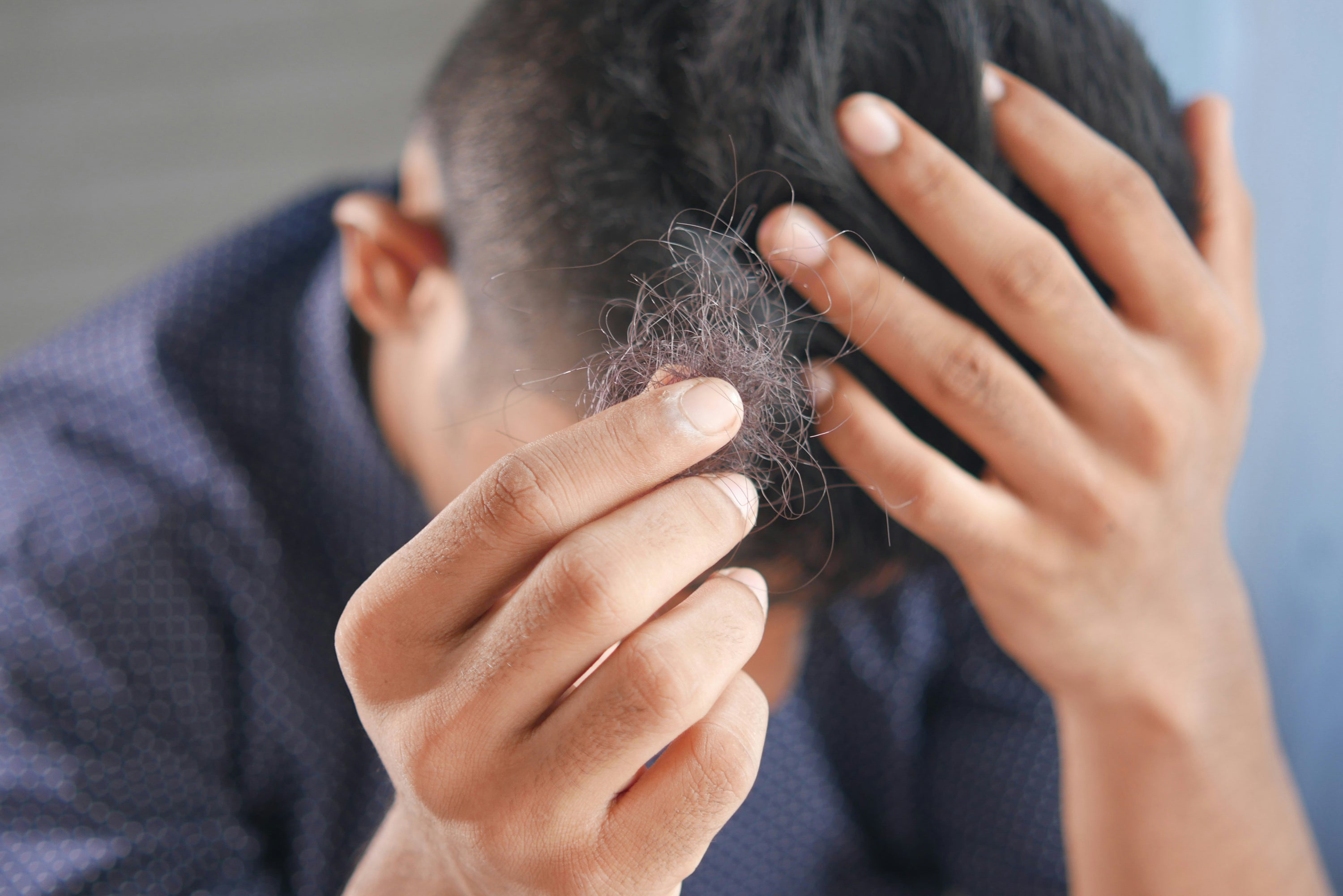
Can Hair Loss Be Reversed? Exploring Natural and Medical Solutions
Understanding Hair Loss
Before diving into the solutions, it’s important to understand the types and causes of hair loss. The most common type is androgenetic alopecia, also known as male or female pattern baldness, which is largely driven by genetics and the hormone DHT (dihydrotestosterone). Other forms of hair loss can be triggered by stress (telogen effluvium), nutritional deficiencies, or health conditions like thyroid disorders.
Different types of hair loss require different approaches for treatment, but many can be slowed or potentially reversed with the right combination of treatments and lifestyle adjustments.
Natural Solutions for Reversing Hair Loss
1. Essential Oils: Rosemary and Peppermint
Natural remedies like essential oils are increasingly popular for addressing hair loss. Rosemary oil is known for its ability to block DHT, which plays a significant role in androgenetic alopecia. In fact, studies have shown that rosemary oil can be as effective as minoxidil, a popular chemical treatment for hair growth, but without the harsh side effects.
Peppermint oil is another effective natural solution. Its active ingredient, menthol, helps improve blood circulation to the scalp, ensuring hair follicles receive essential nutrients and oxygen. A study found that a 3% peppermint oil solution led to significant hair growth in animal models, performing even better than minoxidil.
When used together, rosemary and peppermint oils create a powerful combination for promoting hair growth. These oils can be applied directly to the scalp (diluted with a carrier oil) to enhance blood flow, strengthen follicles, and create a healthy environment for hair regrowth.
2. Diet and Nutrition
A balanced diet rich in vitamins and minerals is essential for maintaining healthy hair. Nutrients like biotin, vitamin D, and iron play key roles in hair health, while deficiencies in these areas can lead to hair loss. Incorporating foods like eggs, nuts, leafy greens, and fish into your diet can make a significant difference.
However, biotin alone isn’t enough. For more on why biotin isn't the only solution for hair growth, check out our in-depth blog here.
3. Lustrao Hair Regrowth Oil
For those looking for a natural, chemical-free solution, Lustrao Hair Regrowth Oil combines potent ingredients like rosemary oil and peppermint oil, along with other nourishing botanicals, to create an environment that promotes hair growth while protecting the scalp. Lustrao’s formula is designed to combat thinning hair, block DHT naturally, and strengthen existing hair follicles.
Many users have reported seeing thicker, fuller hair after consistent use over several months, making it a reliable option for those seeking a non-invasive treatment.
Medical Solutions for Reversing Hair Loss
1. Minoxidil
Minoxidil, sold under brand names like Rogaine, is one of the most commonly used treatments for hair loss. It works by increasing blood flow to hair follicles, which can help stimulate growth. However, minoxidil comes with potential side effects such as scalp irritation, excessive hair growth on areas other than the scalp, and dryness. For more details on the downsides of minoxidil, read our comprehensive guide here.
2. Finasteride and Dutasteride
These two medications are often prescribed to men with androgenetic alopecia. They work by blocking the conversion of testosterone into DHT, which is responsible for shrinking hair follicles and causing hair loss. Finasteride and dutasteride have been shown to be effective in preventing further hair loss and even regrowing hair in some cases.
However, these drugs also come with risks, including the potential for sexual side effects like erectile dysfunction, decreased libido, and other hormonal issues. Many users report long-term side effects even after discontinuing the drug. To learn more about the risks, check out our articles on the dangers of finasteride here and dutasteride here.
3. Platelet-Rich Plasma (PRP) Therapy
PRP therapy involves injecting the patient’s own platelet-rich plasma into the scalp to stimulate hair growth. Platelets contain growth factors that can help regenerate hair follicles, improve blood flow, and encourage new growth. Although PRP has shown promising results, it requires multiple treatments, can be costly, and may not work for everyone.
4. Hair Transplant Surgery
For those with advanced hair loss, hair transplant surgery can be a viable solution. This involves taking hair from a donor area (usually the back of the head) and transplanting it to areas with thinning or no hair. While hair transplants can offer permanent results, the procedure is expensive, invasive, and requires a significant recovery period.
Can Hair Loss Really Be Reversed?
The ability to reverse hair loss depends on various factors, including the cause of the hair loss, how early treatment is started, and the chosen method of treatment. For instance, those dealing with androgenetic alopecia may not fully reverse their hair loss, but they can slow it down and potentially regrow some hair with early intervention and consistent treatment.
On the other hand, hair loss caused by stress or nutritional deficiencies can often be reversed once the underlying issue is addressed. For example, those suffering from telogen effluvium (temporary hair shedding due to stress) may see their hair return to normal after managing their stress levels or improving their diet.
FAQ
1. Can natural remedies really reverse hair loss?
While natural remedies like essential oils and dietary changes may not fully reverse genetic hair loss, they can promote healthier hair growth and help slow down the progression of thinning hair. Natural treatments work best when started early and used consistently over time.
2. How long does it take to see results from hair loss treatments?
This depends on the treatment. Natural remedies like essential oils may take several months of consistent use to show results. Minoxidil and finasteride usually require at least 3-6 months to see significant improvement, while surgical options like hair transplants can show immediate results but require months for full recovery and hair growth.
3. Are there side effects to using natural oils like rosemary and peppermint?
Essential oils are generally safe when used properly, but they should always be diluted with a carrier oil to avoid scalp irritation. Some people may experience mild irritation if they have sensitive skin, so it’s important to do a patch test before using them regularly.
4. Can hair transplants guarantee permanent results?
Hair transplants offer permanent results because the transplanted hair comes from areas resistant to hair loss. However, it’s important to note that hair in non-transplanted areas may continue to thin, so additional treatments may be needed in the future to maintain overall hair density.
5. Should I combine multiple hair loss treatments for better results?
Yes, combining treatments can be more effective. For instance, using minoxidil alongside natural oils like rosemary or peppermint may enhance hair growth results. However, it’s important to consult with a medical professional before starting any new treatments.
If you’re struggling with hair loss and want to explore natural, effective solutions, try Lustrao Hair Regrowth Oil. It’s formulated with the best natural ingredients, including rosemary and peppermint oils, proven to promote hair growth and strengthen your hair.
Additionally, explore our blogs on DHT and hair loss, nutrition for hair growth, and the science behind natural hair loss treatments to deepen your understanding of how to tackle hair loss effectively.
Share
